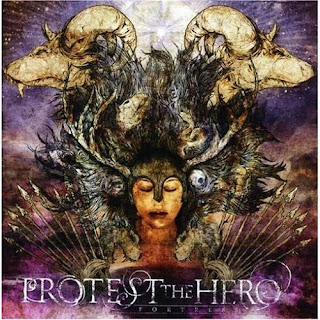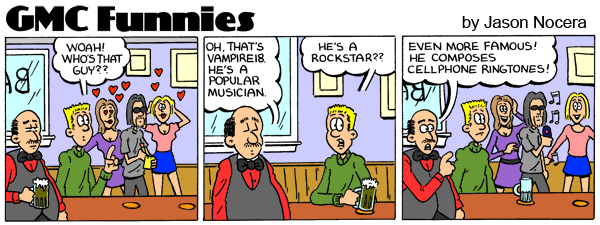Programs For Learning Notes On The Fretboard? |
|
|
|
|
|
| Sep 6 2009, 11:24 PM |
|
This isn't a fun process...but it's rewarding in that you will understand the positions of the notes for the rest of your life (if you're a lifer anyway)! Yeah. -------------------- Youtube
MySpace Website Album "Let It Out" on iTunes and CD Baby Check out my video lessons and instructor board! The Pianist tune is progress,check it out! "ok.. it is great.. :P have you myspace? Can i to personalize this for you guy?" |
|
|
||
|
|
|
|
| Sep 7 2009, 12:07 AM |
|
http://www.absolutefretboard.com/
Unfortunately, it ain't free though. [EDIT] >> There's a lot to be said for interactive learning ... but I won't. Apart from that! This post has been edited by Neurologi: Sep 7 2009, 12:14 AM -------------------- My gear? Mesa Boogie Triaxis - TC Electronic G-Major - Marshall 9200 Dual MonoBloc (2x100W) - Fender Roc Pro 4x12 (300W) + a whole lot more!
|
|
|
||
|
|
|
|
| Sep 7 2009, 12:37 AM |
|
The nice thing about doing this via scales is that you're also learning the scales. Even more importantly, because position doesn't matter, you can be reinforcing the scales' member notes and intervals if you're diligent. This could be laborious but at least more musical than pure (foolish imo) memorization:
- pick a diatonic scale - pick a starting position - write down or display somehow the notes and intervals - start a metronome or drumbeat - play and sing each note and interval through the scale until you can do it without reading Beyond the regular memorization that will happen, you're also involving both brain hemispheres in an exercise like this, plus you're turning it into a song. Perhaps a really boring song, but it IS a song none the less and your mind will remember that, will thank you for that, and will reward you for that. -------------------- ::jafomatic
http://jafomatic.net/tunes/ <-- Here lies the master collection of my collaboration and other improvisation recordings. |
|
|
||
|
|
|
|
| Sep 7 2009, 12:56 AM |
|
Far more than two! It's like buckshot:
- notes within the scale - shapes to finger the scale - intervals within the scale - notes on the fretboard - rhythmic placement And you can do it for ALL the scales and I don't think it will feel like memorizing if you put an interesting beat to it instead of a metronome. -------------------- ::jafomatic
http://jafomatic.net/tunes/ <-- Here lies the master collection of my collaboration and other improvisation recordings. |
|
|
||
|
|
|
|
| Sep 7 2009, 01:52 AM |
|
Just seeing if anyone knows some programs you can buy or free ones that help you learn the notes of the fretboard. Thanks:) http://musictheory.net/ Its free and useful. I think there is a tool that focuses specifically on that. Thank Ivan M. for this one. |
|
|
||
|
|
|
|
| Sep 7 2009, 05:04 AM |
|
Just seeing if anyone knows some programs you can buy or free ones that help you learn the notes of the fretboard. Thanks:) Try This site http://www.musictheory.net/ There are different trainers. Have fun. |
|
|
||
|
|
|
|
| Sep 7 2009, 01:31 PM |
|
i actually made a program that can give you a random note, that you then have to find on your fretboard..
it's gives you a random note, and gives you another after a certain amount of time (that you decide). Here it is. Remember.. it's not about being über fast (in the beginning), it's about getting them *RIGHT*. This is very important.. |
|
|
||
1 User(s) are reading this topic (1 Guests and 0 Anonymous Users)
0 Members:


































